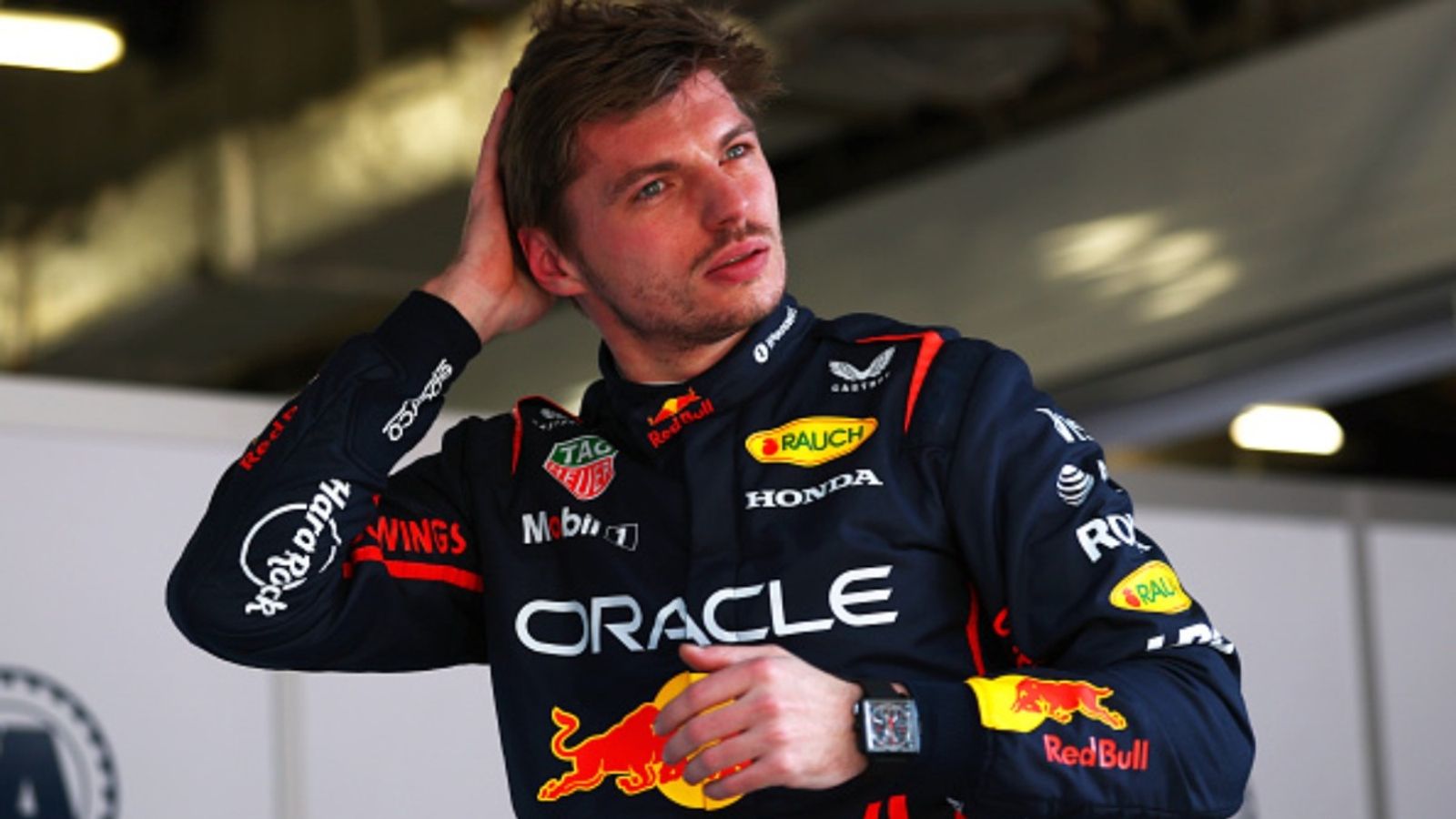Max Verstappen, Formula 1’s reigning four-time champion, has dominated the turbo-hybrid era with ruthless precision. But as the sport hurtles toward seismic regulatory changes in 2026—including a shift to fully sustainable fuels and engines prioritizing electrical power—questions loom: Will F1’s new era disrupt Verstappen’s supremacy? The Red Bull star dropped a tantalizing hint in China, suggesting that a nostalgic return to high-revving V10 engines might keep him racing longer.
Yet, with the 2026 overhaul favoring innovation over tradition, even Verstappen’s ironclad focus faces an unprecedented test.
Max Verstappen’s loyalty clashes with F1’s futuristic vision
Formula 1’s 2026 regulations promise greener technology, blending V6 internal combustion engines with heightened electrical output. But for purists like Verstappen, the soul of the sport lies in its past—specifically the ear-splitting roar of V10 engines that defined the early 2000s.
“For pure emotion, V10 is much better than what we have now,” he admitted, recalling childhood memories of engine screams echoing through paddocks. “The feeling you got… is something you can’t describe.”
The FIA’s recent exploration of reviving V10s on sustainable fuels has sparked hope among fans—and perhaps Max Verstappen himself. When asked if a return to these power units could extend his F1 career beyond his 2028 Red Bull contract, he teased, “Maybe, yeah. It’s definitely more exciting.” Yet, this wistful nostalgia collides with reality. The 2026 rules are locked in, prioritizing efficiency over auditory drama, and Verstappen’s adaptability will be critical.
Red Bull’s dominance hinges on mastering transitions. While rivals scramble to adapt to hybrid complexities, Verstappen’s technical brilliance has thrived. But 2026 resets the board: New chassis designs, rebalanced aerodynamics, and untested power units could level the field. For a driver who’s spent years refining his synergy with current machinery, recalibrating to quieter, electrified engines might dull his edge.
Max Verstappen’s ambivalence isn’t just about sound—it’s about identity. The Dutchman, whose career began under the shadow of his father Jos’ V10-era exploits, has long craved variety beyond F1, eyeing endurance racing. If the 2026 changes strip away the visceral thrill he cherishes, his patience could wear thin. “I don’t plan to stay decades,” he’s reiterated, signaling that F1’s direction could accelerate his exit.
Yet, writing off Verstappen is folly. His relentless racecraft and Red Bull’s engineering prowess make him a formidable contender in any era. As he noted, today’s cars are faster than their V10 predecessors, even if they lack “the noise.” The question is whether F1’s tech-driven future can ignite the same fire in him—or if the sport risks losing its brightest star to a bygone roar.


